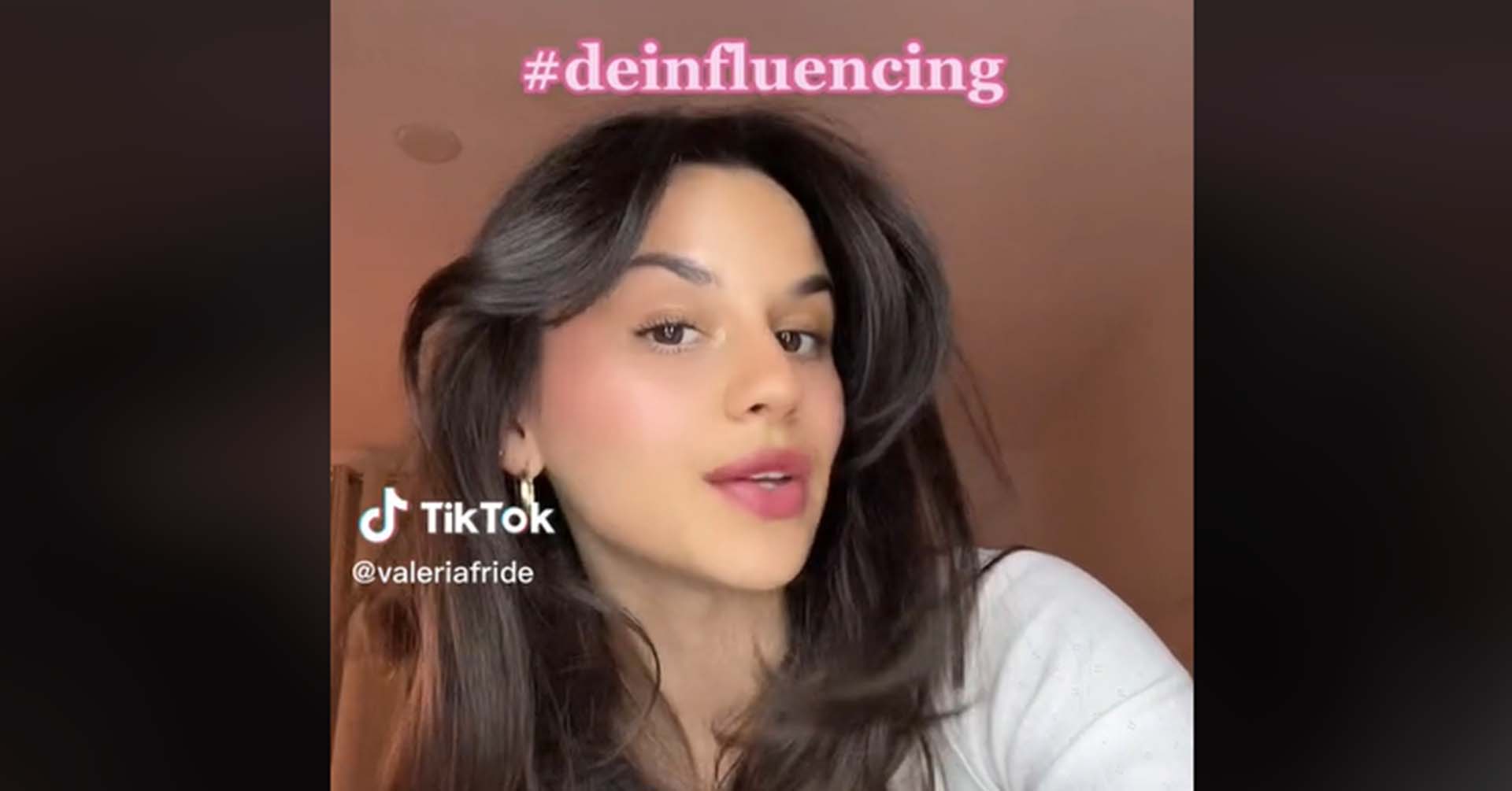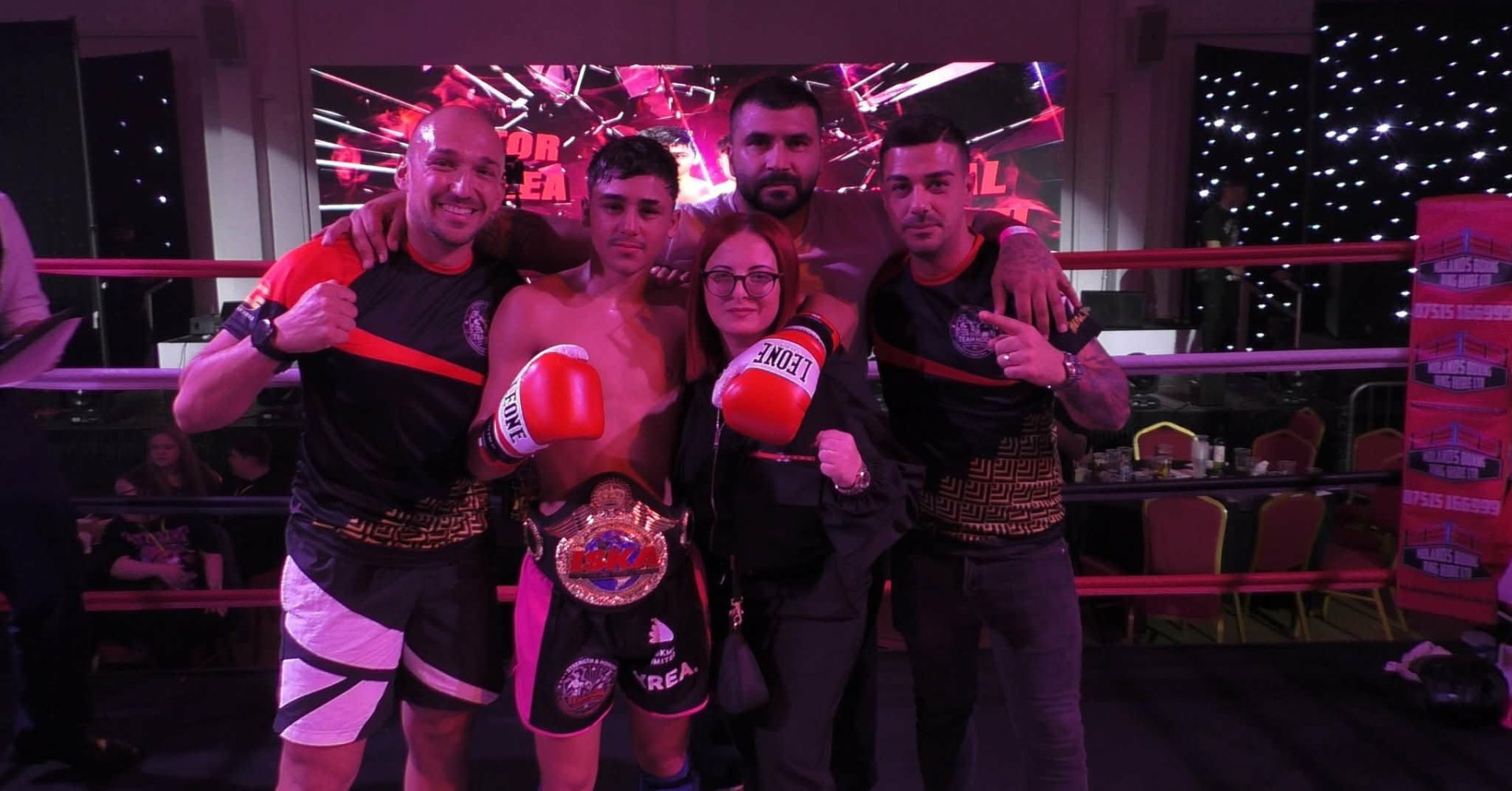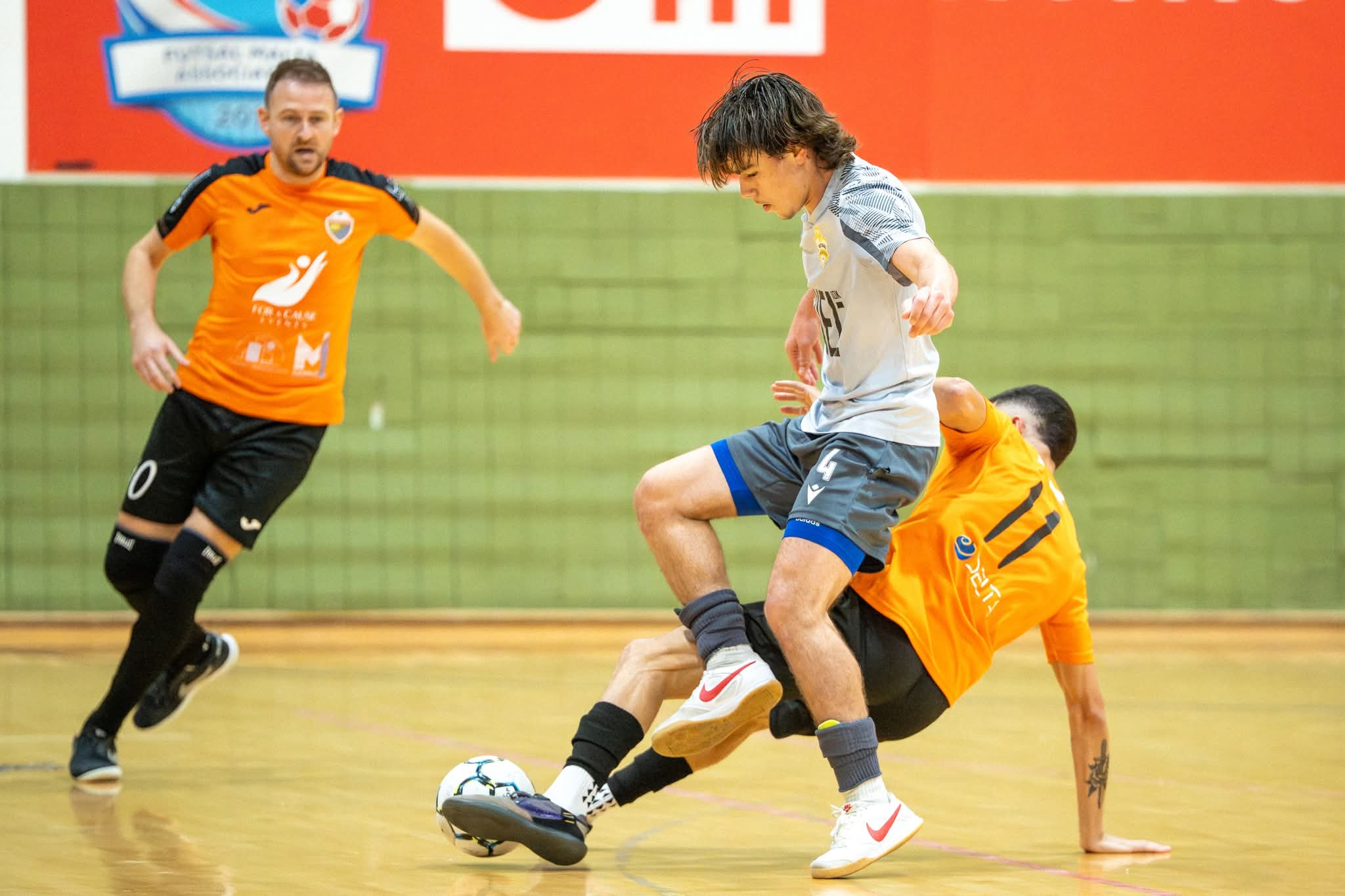The latest viral TikTok trend is Deinfluencing and it involves users recommending alternatives to products they dislike.
TikTok creator, Valeria Fride, has gained 15.7k followers on the app by sharing makeup tutorials and other guides related to her go-to products for any occasion.
Her most popular video, however, featured all-time-TikTok-favourite items that just didn’t impress her such as the Olaplex shampoo and conditioner and the Dior’s Backstage Rosy Glow blush.
@valeriafride Don’t buy everything you see on here #deinfluencing #beautytips #sephorahaul ♬ Her Way (Sped Up) – PARTYNEXTDOOR
Her video earned 1.6 million views and users commented that “This is by far the most informative video I’ve ever seen.”
Unexpectedly, Valeria’s TikTok led to the rise of the ‘deinfluencing’ trend, where influencers tell their followers what not to buy.
Some creators have followed Valeria’s path.
Others are taking it a step further by speaking out against overconsumption and educate their users on how to think critically about their purchases.
Many think that deinfluencing is the antidote for TikTok users who impulsively buy recommended products that ‘you can’t live without’ but certain hype about certain products remains as sales skyrocket particularly in fashion and beauty such as Ugg’s ultra mini boots and Dyson’s AirWrap.
Positive reviews on social media tend to outweigh the negative.
Often times creators refrain from speaking out on products they dislike due to potential collaborations
However, the deinfluencing trend tends to serve as a reminder that the longevity of an influencer relies on their honesty.
It is, in itself, a risky approach but there is also a danger in continually feeding into influencers’ top picks.
At the end of the day, influencing and deinfluencing are essentially the same thing as both instances see creators directing their consumers’ purchasing decisions.
What do you make of this trend? Dm us





